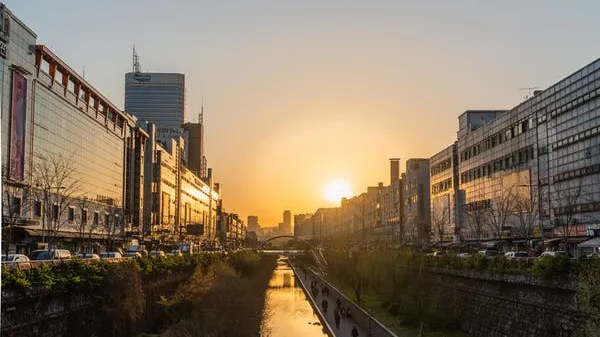
Office vacancy trends in Tokyo’s major office markets
Vacancy is at a low 1.9% in Otemachi/Marunouchi where many domestic companies are headquartered.
Grade A office rents in Tokyo’s 5 central wards were on an uptrend since 2012, until it entered a downturn phase in 2020 due to COVID-19.
According to JLL, with unprecedented measures such as the state of emergency and the government request to work from home (WFH), a significant change in work styles is affecting office demand in Tokyo.
Here’s more from JLL:
Companies headquartered in Europe and the United States, where the infection situation was worse, prioritised the safety of employees in Japanese offices. As such, the reduction of office footprint has resulted in the relocation of some foreign companies. In addition, the state of emergency imposed certain restrictions on office attendance, driving businesses to surrender their office spaces, especially IT companies, for which the adoption of WFH was relatively easy.
However, economic activities have resumed globally due to rising vaccination. Japan lifted the state of emergency at the end of September 2021, and tenant activities have begun to resume. As office demand recovers, the new supply to be concentrated by 2023 has already started to fill up. Properties with large vacancies during the pandemic reduced their asking rent, which was not seen in the past eight years of the rental increase phase. A backfilling of secondary vacancies is also taking place as the rental level in Tokyo central area is cheaper.
Although the vacancy rate in the 5 central wards is on the rise, the trends are different in each of the major markets in Tokyo.
In Otemachi/Marunouchi, the rental level is the highest due to the concentration of domestic companies’ head offices, and the area remains at a low level of 1.9%.
In the Akasaka/Roppongi area, foreign companies are concentrated. The vacancy rate rose to 4% temporarily but slowly recovered to 2.6% due to attractive rental levels for buildings with large vacancies.
In Shinjuku/Shibuya, popular among IT companies, the vacancy rate has risen to 3.6%, especially in Shibuya, after the state of emergency was declared in April 2020. Since then, it has recovered rapidly. IT companies actively adapting to WFH are shifting to a hybrid working model – combining traditional offices, WFH, and flexible offices. Demand for traditional office space has also recovered and is now down to 2.5%.
Although the vacancy rate of the entire 5 central wards increased, other major office areas of Tokyo showed improvements, suggesting that tenants are inclining to more convenient locations and high-quality buildings in terms of technology and hygiene. On the other hand, the vacancy of buildings that do not meet these conditions has not improved.
Due to an abundant new supply, office tenants will likely be more selective in new leases or renewals In the future. This will result in further bi-polarization of rental and occupancy performances across districts and buildings.



















 Advertise
Advertise





